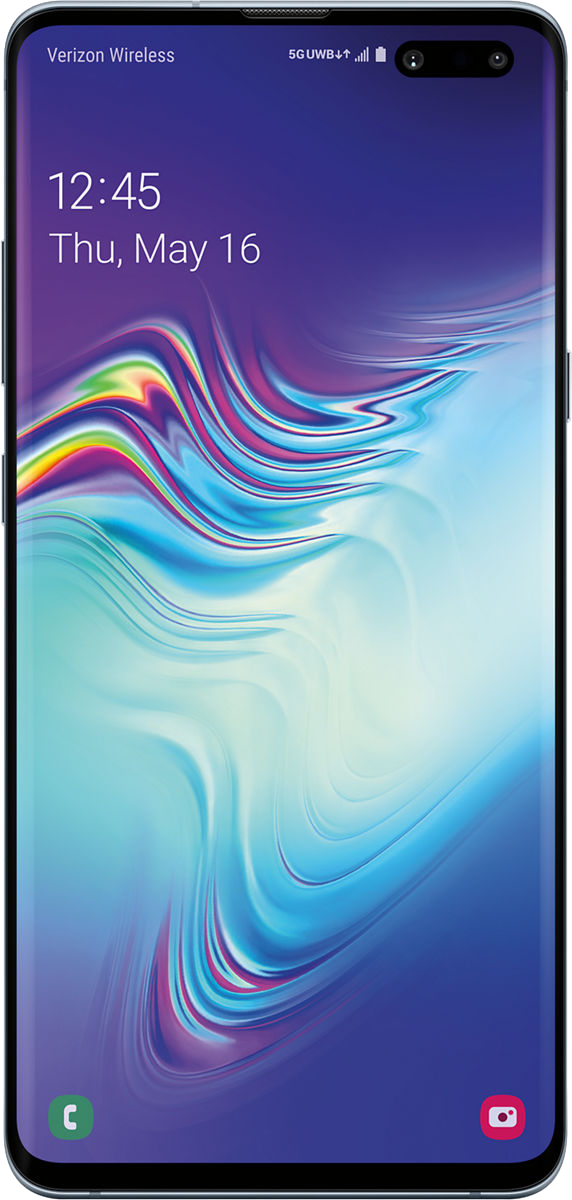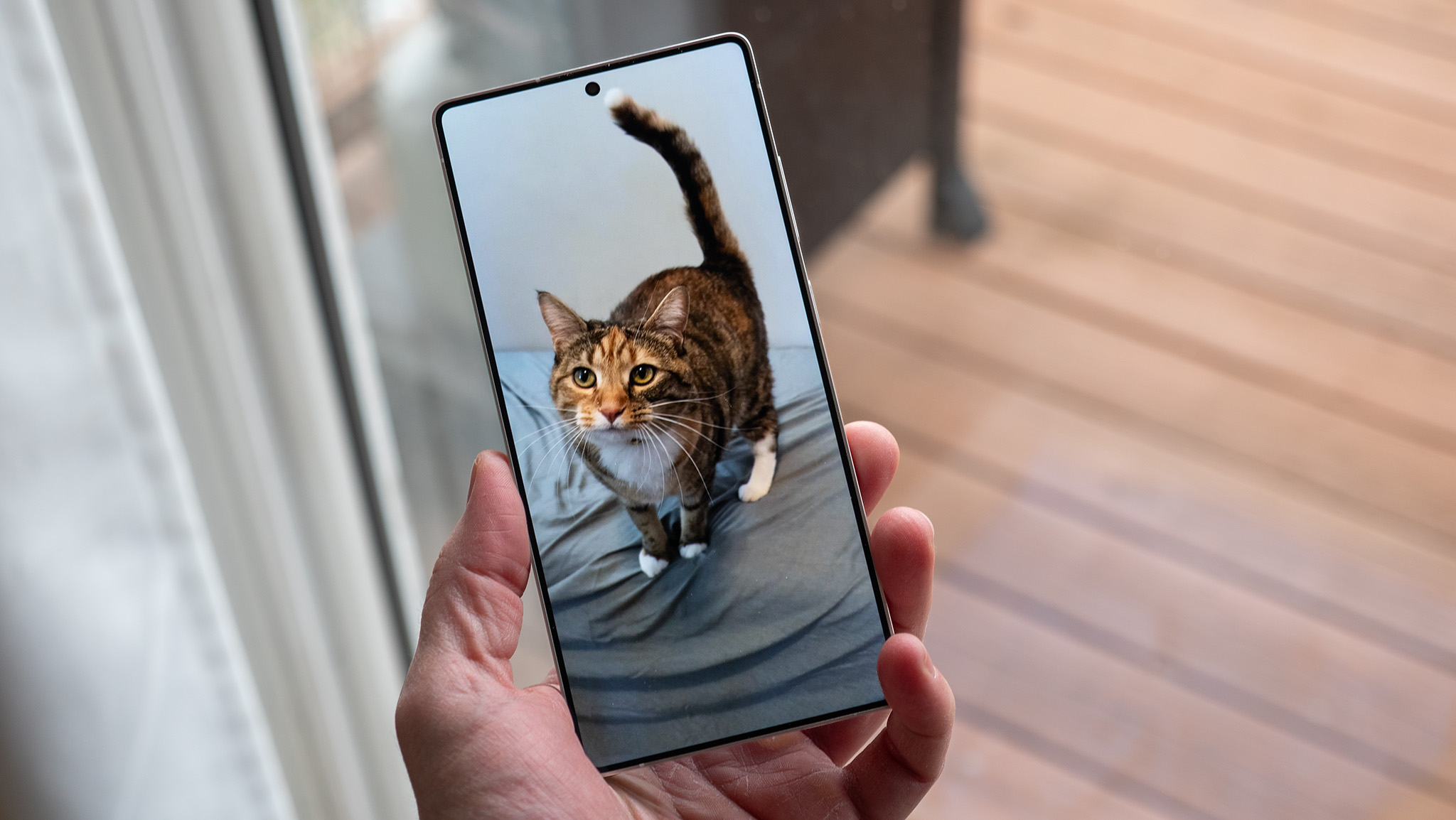FAQ: What happens to Boost, Virgin or Sprint prepaid customers under Dish?

Get the latest news from Android Central, your trusted companion in the world of Android
You are now subscribed
Your newsletter sign-up was successful
The long wait for New T-Mobile is finally coming to an end with clearance from the Department of Justice to complete a merger between Sprint and T-Mobile. One thing you may not have seen coming in this was Dish Network purchasing Sprint Prepaid, Boost Mobile, and Virgin Mobile along with Sprint's 800Mhz spectrum. So what does this mean for current prepaid customers?
Combining its new Sprint spectrum with its existing portfolio of low-band spectrum, Dish will build a nationwide 5G network to serve its new customers. But what happens in the meantime? Let's try to answer some of the most pressing questions.
What happens to existing customers?
If you are a current Sprint Prepaid, Boost Mobile, or Virgin Mobile customer, you will be transitioned to the New T-Mobile network in phases. Customers will continue to use the New T-Mobile network while Dish Network begins work on its new 5G network. As this new nationwide 5G network is completed, customers with 5G capable phones will be able to transition onto the new network where available with the New T-Mobile network as a backup.
Luckily this situation allows customers to roam on the New T-Mobile network until the buildout is complete. Current customers will stay on the legacy Sprint network until they can be transitioned to the New T-Mobile network.
What happens to new customers?
New customers will be registered on the New T-Mobile network immediately. As the new network grows and devices become compatible, more and more devices will begin connecting to the new network. If you are able to move to the New T-Mobile network smoothly, then you should effortlessly gain access to Dish's new network as it opens up in new areas.
How long will it take?
A seven-year transition period will allow prepaid customers to use Sprint's legacy network or access the New T-Mobile network. This change does mean that customers will eventually transition to primarily using only Dish's own 5G network along with new Dish wireless customers. Given Dish's aggressive approach to wireless as well as its wide-reaching collection of low-band spectrum for 5G, coverage could be built out very quickly. Dish is promising 70% of Americans will be covered with its 5G network by 2023.
Dish's Co-Founder and Chairman Charlie Ergen is confident in the new network, saying in a press release, "Our substantial investments, constant innovation, aggressive pricing and commitment to the customer led us to become the third largest pay-TV provider. As we enter the wireless business, we will again serve customers by disrupting incumbents and their legacy networks, this time with the nation's first standalone 5G broadband network."
Get the latest news from Android Central, your trusted companion in the world of Android
What if there isn't coverage on the new network where it was before?
Until this new network is completely built, customers will access New T-Mobile's network as an MVNO and will be able to roam on it when the new network isn't available. It's impossible to know exactly how coverage will compare to the current network since it will deploy using different technology and spectrum, but with Dish using its own low-band spectrum along with the 800Mhz spectrum it's getting from Sprint, coverage could be very good, though we don't know just yet how speed will compare on this new 5G network.
Will employees make the switch?
Dish is immediately acquiring the more than 400 employees for the companies as well as the nationwide independent retail network for the more than 7,500 retail outlets currently operating. The haven't announced any intention to reduce this, however it's not entirely possible how to know what the future holds for any of the people working for any of the involved networks with deals as big as this.
So what now?
Don't worry — if you're a current Sprint prepaid, Boost, or Virgin pre-paid customer, your service isn't going anywhere, nor is it going up in price anytime soon. But it may be worth looking around to see whether, in the long run, you can find something cheaper.

When Samuel is not writing about networking or 5G at Android Central, he spends most of his time researching computer components and obsessing over what CPU goes into the ultimate Windows 98 computer. It's the Pentium 3.

